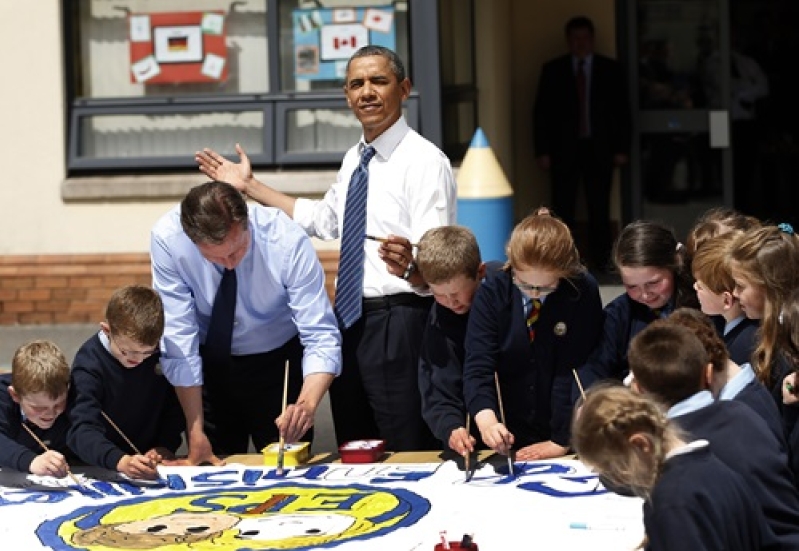
In a recent speech to more than 1,000 youth in Ireland, President Obama highlighted the distinction between protestant and Catholic schools as a point of contention in the country.
The President, who is an advocate of many policies that defy Christian principles - such as abortion and homosexual unions - told the youth that "Because issues like segregated schools and housing, lack of jobs and opportunity - symbols of history that are a source of pride for some and pain for others - these are not tangential to peace; they’re essential to it. If towns remain divided - if Catholics have their schools and buildings, and Protestants have theirs - if we can’t see ourselves in one another, if fear or resentment are allowed to harden, that encourages division. It discourages cooperation."
Contrary to the President's remark, Catholic schools are open to people with various religious backgrounds. While his comments may not be an indication that he desires for Christian schools to be abolished, many Catholics are alarmed by the President's choice to use the distinction between Christian denominations as a reason for a country's political unrest.
The American Catholics for Religious Freedom retorted Thursday, "President Obama’s anti-faith, secular agenda was shamefully on full display yesterday when he told the young people of Northern Ireland that Catholic education and other faith-based schools were divisive and an obstacle to peace."






